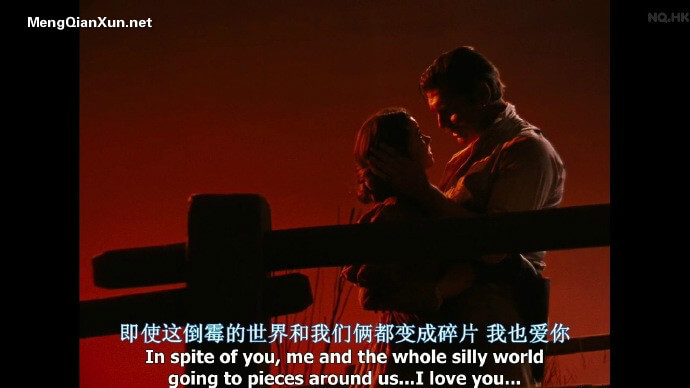鹧鸪[1]
郑谷
暖戏烟芜锦翼齐,
品流应得近山鸡。
雨昏青草湖[2]边过,
花落黄陵庙[3]里啼。
游子乍闻征袖湿,
佳人才唱[4]翠眉低。
相呼相应湘江阔,
苦竹丛深日向西。
注释:
[1] 鹧鸪:产于我国南部,形似雌雉,体大如鸠。古人称它的鸣叫声为“钩辀格磔”,民间以为其叫声极像“行不得也哥哥”,所以古人常借其声以抒写逐客留人之情。
[2] 青草湖:据盛弘之《荆州记》记载,青草湖就是古巴丘湖,在洞庭湖东南,后来青草湖也就成为洞庭湖的通称。
[3] 黄陵庙:位于湘阴县北洞庭湖畔。传说帝舜南巡,死于苍梧,娥皇、女英二妃溺死于湘江,后人就在湘水岸边立祠堂以表纪念,这祠堂就是黄陵庙。
[4] 唱:这里是指唱《鹧鸪曲》。据《韵语阳秋》记载,《鹧鸪曲》是效仿鹧鸪声而成之曲,是晚唐新声。
To the Partridges
Zheng Gu
Over warm misty grassland wing to wing you fly.
As fair and good as pheasants in the mountain high.
When Grass-green Lake is darkened in rain, you pass by;
When flowers fall on the Imperial Tomb, you cry.
A roamer would wet his sleeves with tears on heating your song;
His wife’d sing after you with lowered eyebrows long.
You echo each other on Southern River wide;
The sun sets on the bamboo grove by the Tombside.
The partridge seems to cry in Chinese: “Don’t go, brother!” The Imperial Tomb refers to the tomb of Emperor Shun who died by the side of the Grass-green Lake and whose wife came to shed tears on the bamboos by the tombside till they were specked.
《鹧鸪》是唐代诗人郑谷创作的一首咏物诗。此诗描绘了鹧鸪的外形和声音,表达游子的凄苦和强烈思归之情。诗人紧紧把握住人和鹧鸪在感情上的联系,咏鹧鸪而重在传神韵,使人和鹧鸪融为一体,构思精妙缜密,深得读者好评,作者也因此诗而时誉远播,人称“郑鹧鸪”。
未经允许不得转载:帕布莉卡 » 郑谷《鹧鸪》 -经典诗词英译-中英双语赏析
 帕布莉卡
帕布莉卡


 爱是一颗心遇到另一颗心(出处+配图)
爱是一颗心遇到另一颗心(出处+配图)  《乱世佳人》电影专题
《乱世佳人》电影专题

